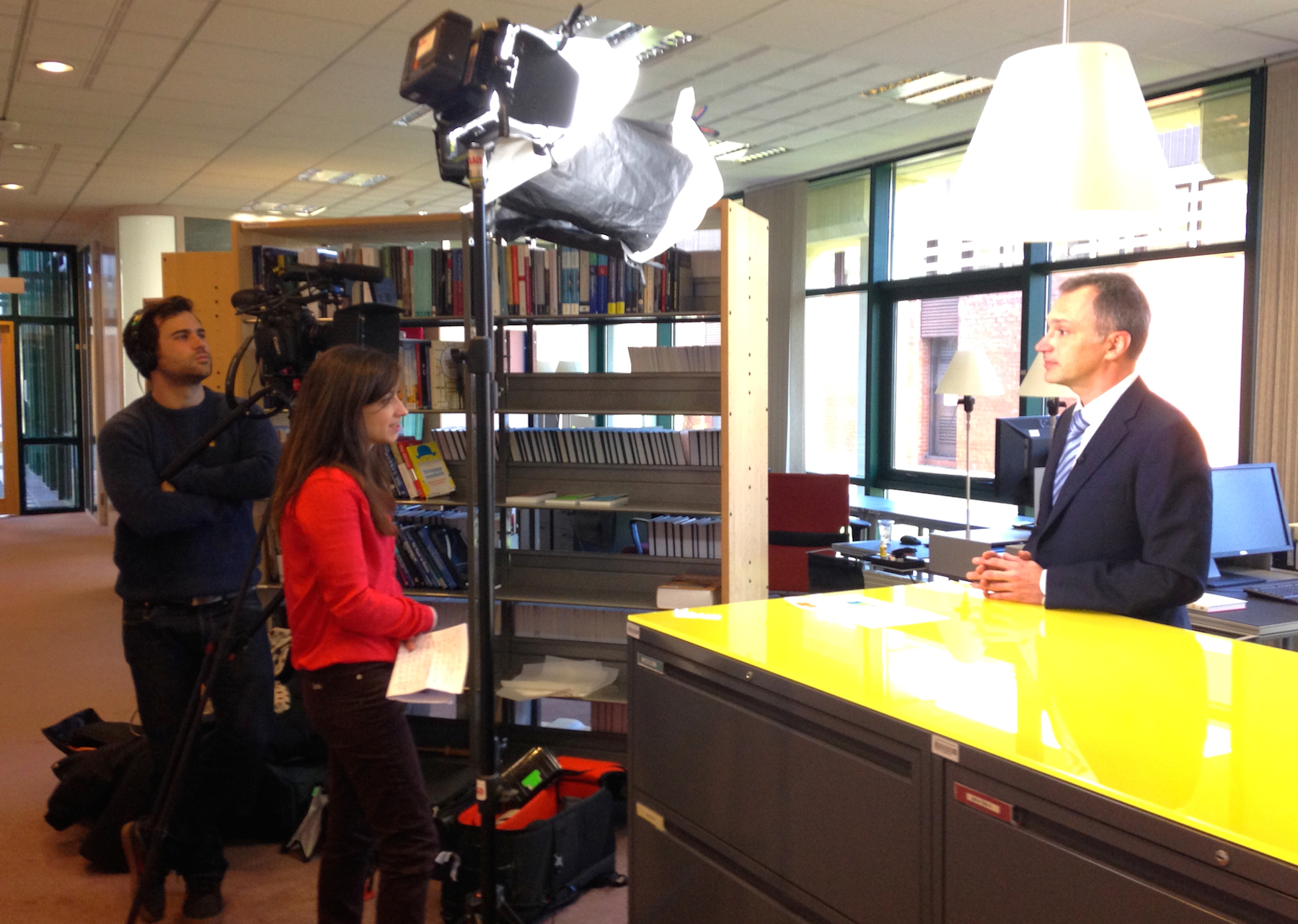The Youth Guarantee was developed in response to the youth unemployment crisis, with a staggering 7.5 million young people aged 15–24 years not in employment, education or training (NEETs) and at a cost to the EU economy of €162 billion (in 2012), according to Eurofound research.
The Youth Guarantee aims to ensure that young people under the age of 25 receive a good quality offer of employment, continued education, an apprenticeship or a traineeship within four months of leaving formal education or becoming unemployed.
Funding from the Youth Employment Initiative and the European Social Fund is helping to implement the Youth Guarantee in regions that were especially hit by high youth unemployment rates.
Member States have estimated that this funding would benefit more than 880,000 young people in 2014.
Although Member States are committed to implementing the Youth Guarantee and have received country-specific recommendations from the Commission, it will take time to ensure that the structural reforms required for a successful implementation happen in the 2014–2020 period. For example, this means improving how public employment services function, improving vocational education and training systems, and improving cooperation between the public and private sector.
Euronews at Eurofound
On 24 February 2015, journalist Fanny Gauret of Euronews visited Eurofound and spoke with Research Manager Massimiliano Mascherini on Youth Guarantee implementation, early findings from pilot projects and whether and how the Youth Guarantee will succeed at national and European level. The Euronews team also visited the Ballymun Youth Guarantee pilot project in Dublin, one of 18 pilot projects across the EU.
In a feature on youth unemployment on Portugal and Ireland on the Euronews Real Economy programme on 10 March, Mr Mascherini emphasised that short spells of unemployment are almost to be expected in a young person’s transition from education to employment. However, he highlighted that the major concern is long-term unemployment and long-term disengagement. There has to be a joint effort by governments, public employment services, employers and youth organisations to make the Youth Guarantee a success and get young people back into work.
Coming soon
- Eurofound (April 2015): Youth entrepreneurship: Values, attitudes, policies
Ongoing research
Eurofound is currently investigating the early implementation of the Youth Guarantee in 10 Member States under the framework of its ‘Social inclusion of young people’ project which will result in a forthcoming consolidated report (autumn 2015).
Further reading on youth in Europe:
- Eurofound (2014): Mapping youth transitions in Europe
- Eurofound (2013): Working conditions of young entrants to the labour market
- Eurofound (2012): Youth Guarantee: Experiences from Finland and Sweden
